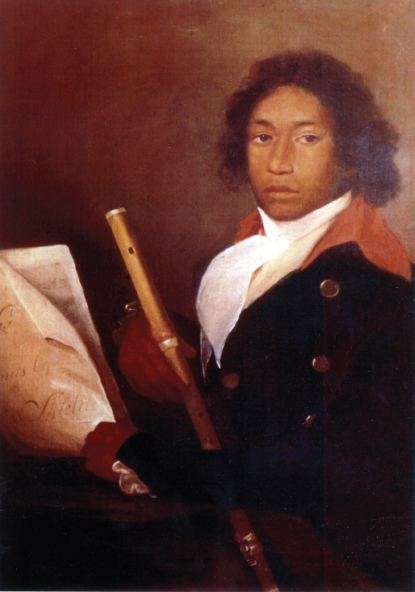The American Military Forces
Printed Page 180
Americans claimed that the initial months of the war were purely defensive, triggered by the British invasion. But the war also quickly became a rebellion, an overthrowing of long-established authority. As both defenders and rebels, many Americans were highly motivated to fight, and the potential manpower that could be mobilized was, in theory, very great.
CHAPTER LOCATOR
Why did Americans wait so long before they declared their independence?
What initial challenges did the opposing armies face?
What role did the home front play in the war?
How were Native Americans and the French involved in the war?
Why did the British southern strategy ultimately fail?
Conclusion: Why did the British lose the American Revolution?
 LearningCurve
LearningCurve
Check what you know.
Local defense in the colonies had long rested with a militia composed of all able-bodied men over age sixteen. Militias, however, were best suited for local and limited engagements, responding to conflict with Indians or slave rebellions. In forming the Continental army, the congress set enlistment at one year, which proved inadequate as the war progressed. Incentives produced longer commitments: a $20 bonus for three years of service, a hundred acres of land for enlistment for the duration of the war. Over the course of the war, some 230,000 men enlisted, about one-quarter of the white male adult population.

Women also served in the Continental army, cooking, washing, and nursing the wounded. Close to 20,000 “camp followers,” as they were called, served during the war, many of them wives of men in service. Some 12,000 children also tagged along, and babies were born in the camps. Some women helped during battles, supplying drinking water or ammunition to soldiers.
Black Americans at first were excluded from the Continental army. But as manpower needs increased, northern states welcomed free blacks into service; slaves in some states could serve with their masters’ permission. About 5,000 black men served in the Revolutionary War on the rebel side, nearly all from the northern states. Black soldiers sometimes were segregated into separate units, and while some of these men were draftees, others were clearly inspired by ideals of freedom in a war against tyranny. For example, twenty-three blacks gave “Liberty,” “Freedom,” and “Freeman” as their surnames at the time of enlistment.
The American army was at times raw and inexperienced, and often woefully undermanned. It never had the precision and discipline of European professional armies. But it was never as bad as the British continually assumed. The British would learn that it was a serious mistake to underrate the enemy.